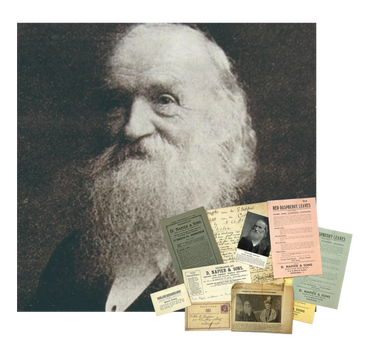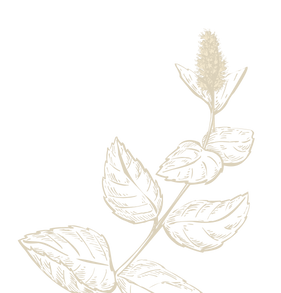How To Use Astragalus Root (Astragalus membranaceus)
Decoction: 1 teaspoon of root (3 to 10 g) to a cup of cold water, bring to the boil and leave to sit for 15 minutes. Or steep 1 teaspoon bark in cold water overnight. Flavour with lemon, ginger or honey if desired. Drink 3 times a day unless otherwise told by a medical herbalist. Alternatively add half a teaspoon (2.5 ml) of tincture to a cup of warm water for a quick alternative to tea. The herb can be added as a flavouring to gin, vodka and other infusions.





